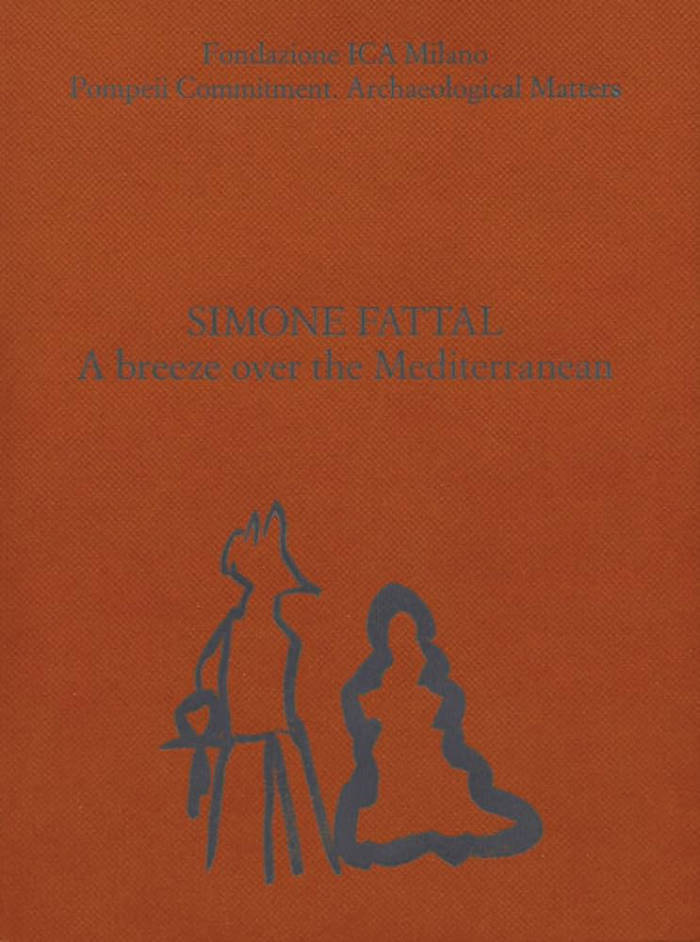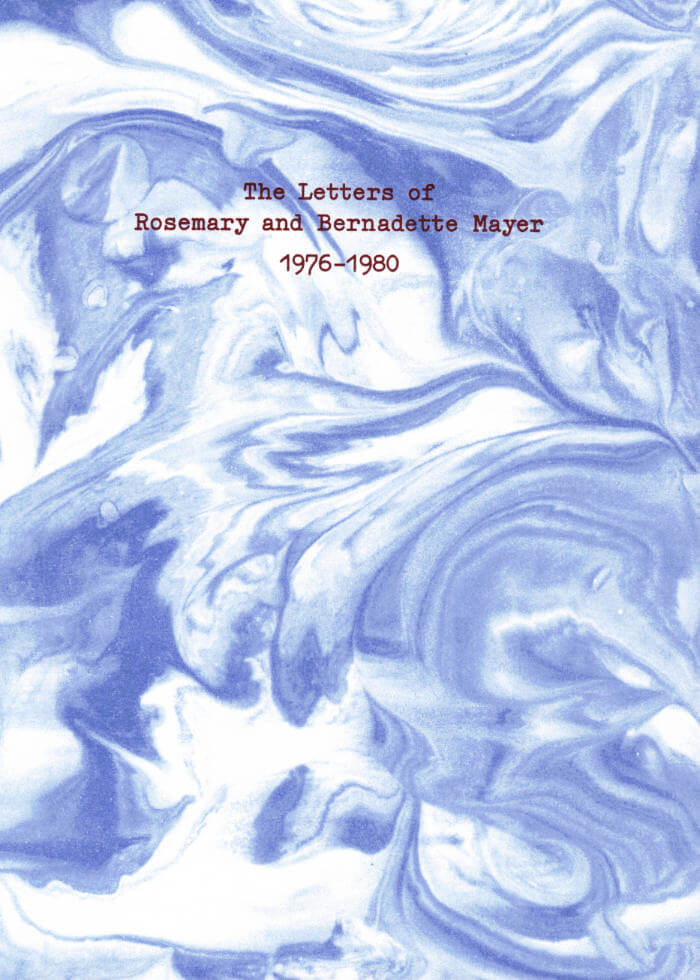
Sarah Lucas – Describe This Distance
A literary tribute to Sarah Lucas, at once an adroit art-historical study and a poetic travelogue.
“Distance is far, nobody said. (Somebody, surely.)” So begins Quinn Latimer's strange, elliptical account of an exhibition and a body of work by Sarah Lucas that the poet and critic has never seen, made and installed in a city she had not yet visited. In the spring of 2012 the renowned English artist's exhibition “NUDs” was mounted in Mexico City at Museo Diego Rivera Anahuacalli, the famed pyramid-like museum built by the muralist and architect Juan O'Gorman to house Rivera's approximately 50,000 Mesoamerican artifacts and objects. In the summer of 2012 Latimer found herself in Elba, the island of Napoleon's exile, where she embarked on this small, charged book. In four interconnected essays, the writer limns the myriad impressions, ideas, objects, personages, and histories relevant to Lucas's fantastically transparent yet complicated “NUDs,” and their storied making and installation in Mexico. Exploring shame, passivity, palindromes and fertility statuary, as well as notables including Antonin Artaud, Napoleon, Susan Sontag and Mary Wollstonecraft, Describe This Distance is at once an adroit art-historical study and a poetic travelogue, once or twice removed.
Language: English
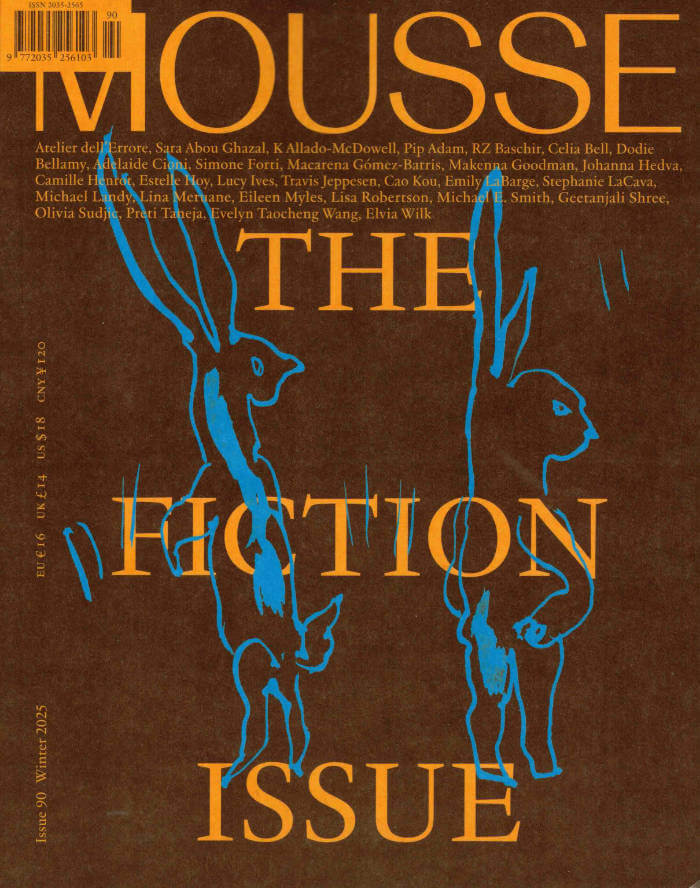

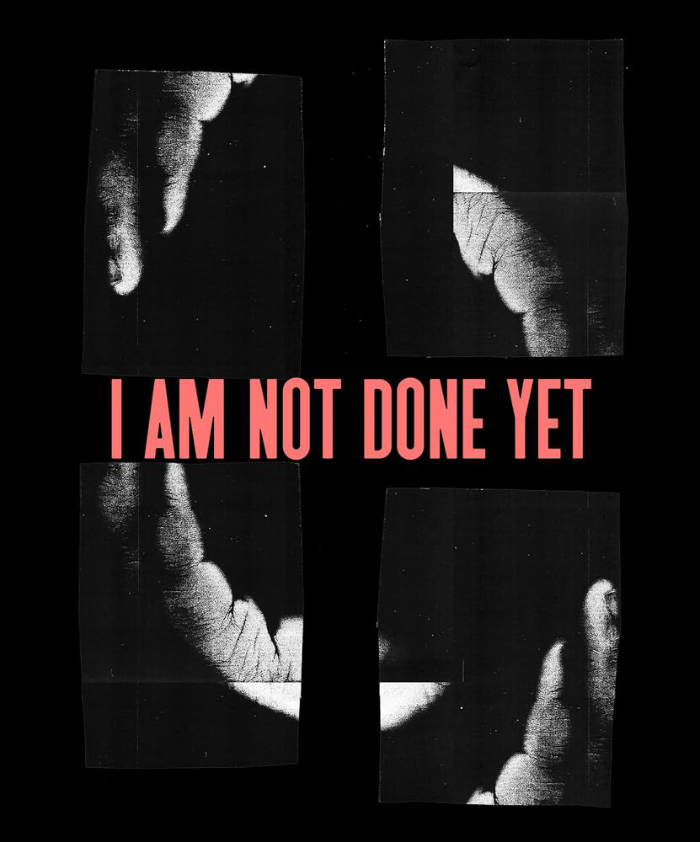
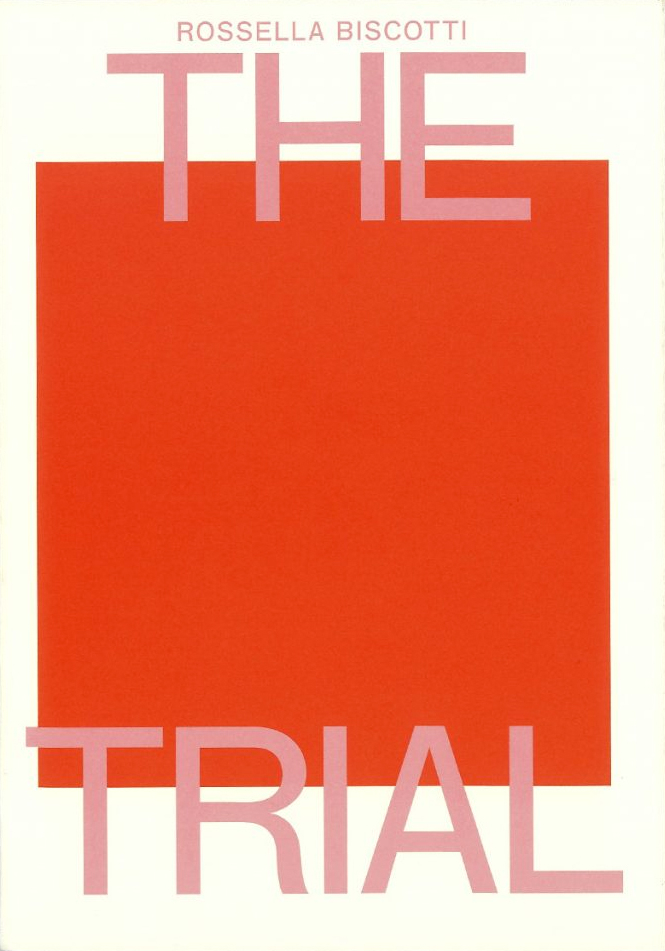
.jpg)

